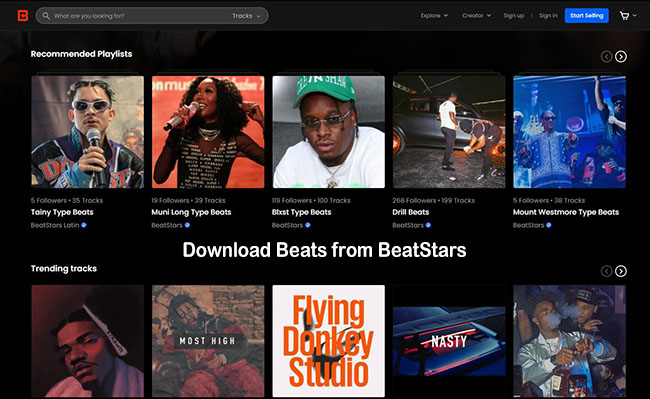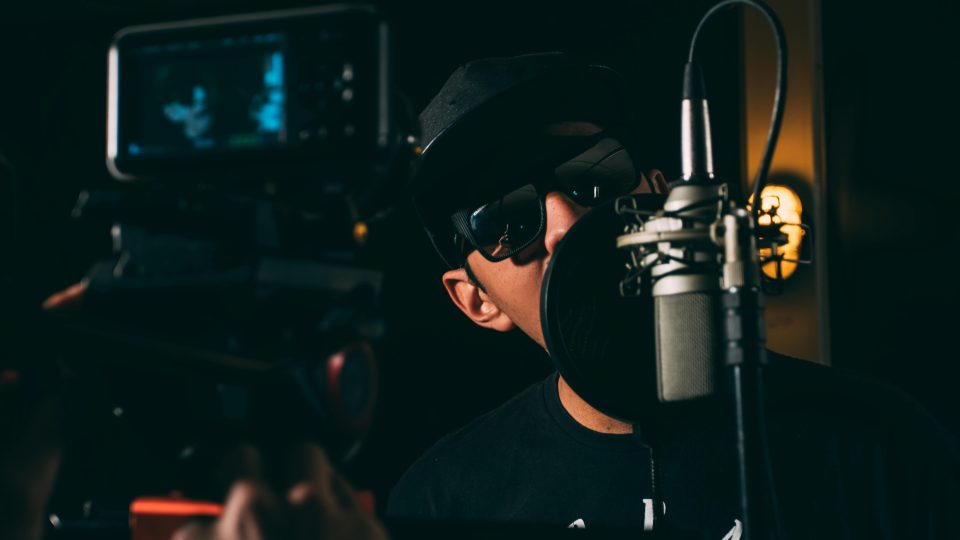The Difference between Exclusive and Non-Exclusive Beat Licences
If you’re an aspiring rapper or singer in the market for beats, purchasing and understanding the different licences can be confusing. One of the fundamental distinctions between commercial beat licenses is whether they are exclusive or non-exclusive. This guide aims to demystify these terms and help you make an informed decision.
What is an Exclusive Beat?
If you are looking for complete ownership of your music then an exclusive beat is the way to go. When you purchase an exclusive beat, you generally gain full rights to use that beat. You will therefore be the only artist who has the right to use this beat. Using an exclusive beat therefore ensures your track remains unique.
Benefits of Exclusive Beats:
- Unique Use of the Beat: Owning the exclusive rights means no other artist can release a song using the same beat. This will give your music a significant edge and advantage.
- Full Ownership Rights: Purchasing an exclusive license means the beat is entirely yours. You can use it in any way you see fit. This could include commercial releases, performances, or licensing deals.
- Higher Resale Value: Tracks using exclusive beats are often considered to have a higher resale value. This can be an advantage if you decide to sell the track or your music catalogue in the future.
Things to consider when purchasing an exclusive beat.
- Samples: If a beat contains a sample(s) this may affect your rights. It is important to obtain accurate information detailing the samples used in any exclusive beat purchase. Make sure there are no uncleared samples that may be under copyright. Some commercial samples will also feature caveats that require royalty sharing if the track gets major label distribution or if a streaming threshold is breached. The beat seller should make you aware of any such sample clauses.
- Content ID systems: Another consequence of sample-based exclusive beats is they will not be legible for distribution to content ID systems such as YouTube. This is because the musical content is not 100% original.
- Previous Use: some exclusive licences are granted on beats that had previously been leased non-exclusively. In the event you buy the exclusive rights to a previously leased beat you have to accept that the beat may have been used by other artists.

What is a Non-Exclusive Beat?
Non-exclusive beats represent a more budget-friendly option. As they are the most popular type of beat licence they are also more widely available. When you buy a non-exclusive beat, you purchase a license to use that beat under specified terms. Non-Exclusive beats can be sold multiple times to different artists. You will therefore need to accept that any non-exclusive beat is likely to be used on numerous other releases.
Benefits of Non-Exclusive Beat Licences:
- Cost Effective: The main advantage of using non-exclusive beats is the price. They tend to be significantly cheaper than exclusive ones. This makes them a good option for artists with limited budgets.
- Getting started: If you are a new emerging artist, non-exclusive beats offer a way to produce high-quality music without significant investment. They also provide an avenue for obtaining beats when you haven’t established relationships with producers and beat makers.
- Demos and Mixtapes: Non-exclusive beats provide the perfect backings for demo tracks or mixtapes. These can then be used to showcase your lyrics and market yourself as an artist.
Things to consider when purchasing Non-Exclusive Beat Licences.
- Samples (again!) Much like exclusive beats, many of these tracks will use samples. The same considerations should therefore be taken into account. It may also be harder to establish the sample’s provenance on a non-exclusive beat as the transaction is often less personal.
- Limited reselling/licencing opportunities: Some labels and publishers may have reservations about signing tracks featuring non-exclusive tracks.
- Digital Distro: Using non-exclusive beats can sometimes present problems when trying to get releases approved for digital distribution. Note* Our digital distro arm RouteNote allows the distribution of tracks using non-exclusive beats as long as the correct licences have been obtained. We may ask for proof of this.
Summary
Both beat licencing options present distinct advantages and limitations. As an artist it’s important to evaluate your specific needs, resources, and long-term goals. This should help you to decide the best licencing route to go down.
It is also important to be guided by the actual beats and not just it’s licensing status. You may find a non-exclusive beat that completely resonates with you. Even if you would prefer to have exclusive rights you should be willing to entertain non-exclusive beat Licences if the resulting tracks effectively showcases your vocals.
Just remember, despite the licence type, the right beat can elevate you as an artist, helping to get you noticed and build your music career.
Remember – RouteNote Create subscriptions start from as little as $2.99. You also get 10 FREE credits to spend on samples along with access to our FREE sample pack bundle when you sign-up!
